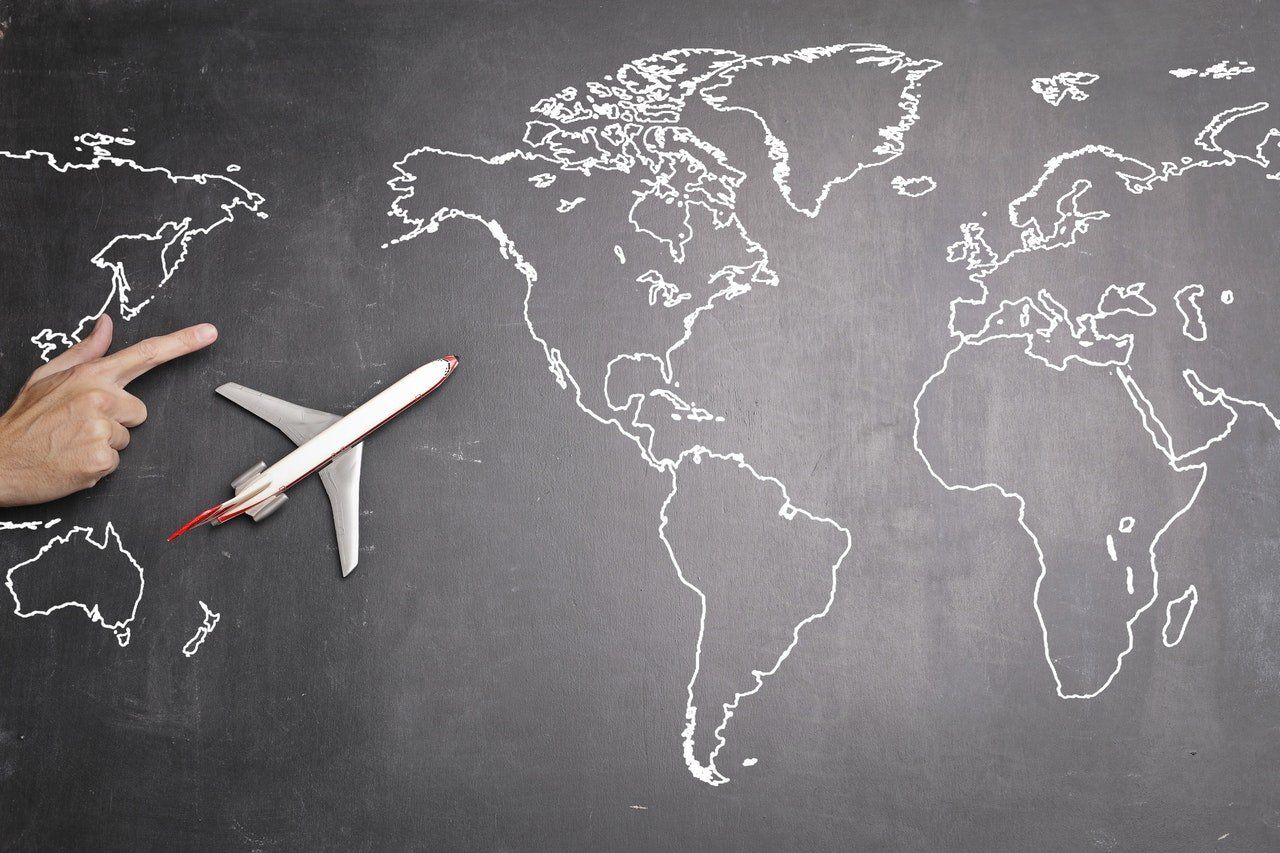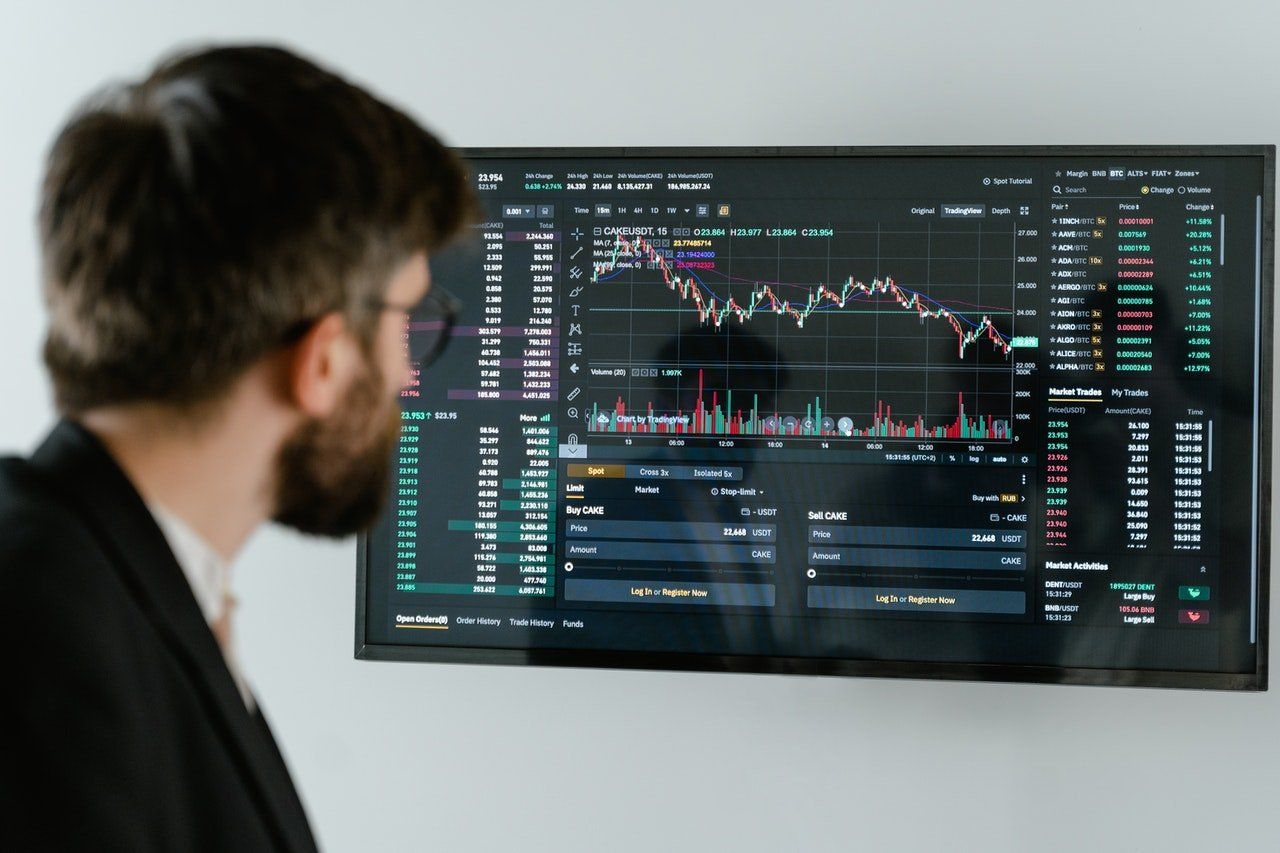Toward a compartmented economy: the end of globalization?
By Justin Facey
Deglobalization is already here. The tendency began, slowly but inexorably, following the financial crisis of 2008. However, alarm bells went off with the outbreak of Covid-19. No major company was able to deal with what was happening: ports closed or congested, undelivered orders, parts not being supplied, assembly plants brought to a standstill...
And when the relocation trend began to pick up speed, war came to Europe, which was the final blow. In fact, in his recent annual letter to shareholders, Larry Fink, CEO of BlackRock, the world’s largest asset manager, said: “Russia’s invasion of Ukraine is putting an end to globalization”.
The end of trust is the end of trade
Europe is in shock. And other regions are already feeling the tremendous impact, as is the case in parts of Africa, where the survival of entire countries is dependent on the grain they buy from one or other countries.
Having said that, when we speak of the problems deriving from the invasion of Ukraine, we are not just referring to the breakdown in commercial relations, the difficulties in moving goods, or the impossibility of maintaining specific routes. We are talking about something much more important and that is the fact that trust between commercial partners has been broken. it is therefore not surprising that many experts in economics are warning of the collapse of the world trade flow in the current year.
The economic changes on the way
Deglobalizing forces are already at work. Countries are currently seeking out ideologically reliable partners; companies, in search of shorter supply chains, and both are trying to achieve energy sovereignty through renewable energy sources.
All of this is taking us closer to a future with many changes:
- Changes in trade: Because countries tend to reduce their dependence or associate only with those who share their principles. On their part, companies are trying to secure suppliers in a territory nearby and in one which is easy to control.
- Changes in production: Because the same companies that were already working on finding supplies nearby are now seeking to confirm their reliability in the medium term.
- Changes in finance: Because, following the exclusion of Russian banks from the SWIFT interbank system, China and other countries are looking for ways to unpeg their reserves from the US dollar, with alternative currencies.
And the economic and commercial consequences
All of these changes, though still in the making, seem to be guiding us towards a more compartmented world with major consequences. We suspect that Mexico and part of Latin America could benefit from some of these changes in the first instance, but it is likewise clear that we are heading towards a slowdown of the economy and a period of inflation. In this context, our companies’ capacity to adapt and their resilience will be key to continuing to look to the future.




